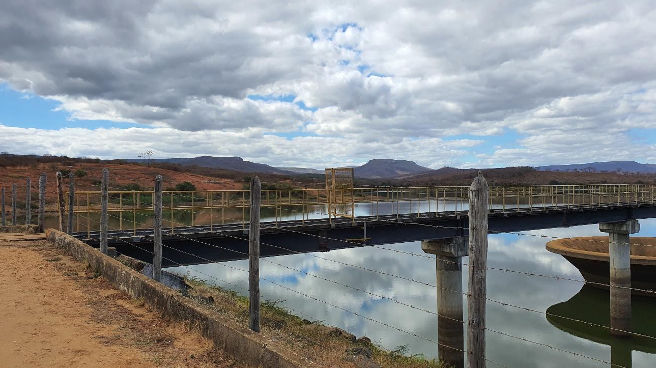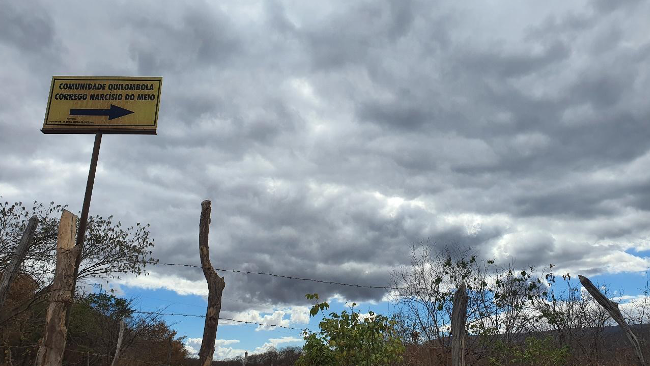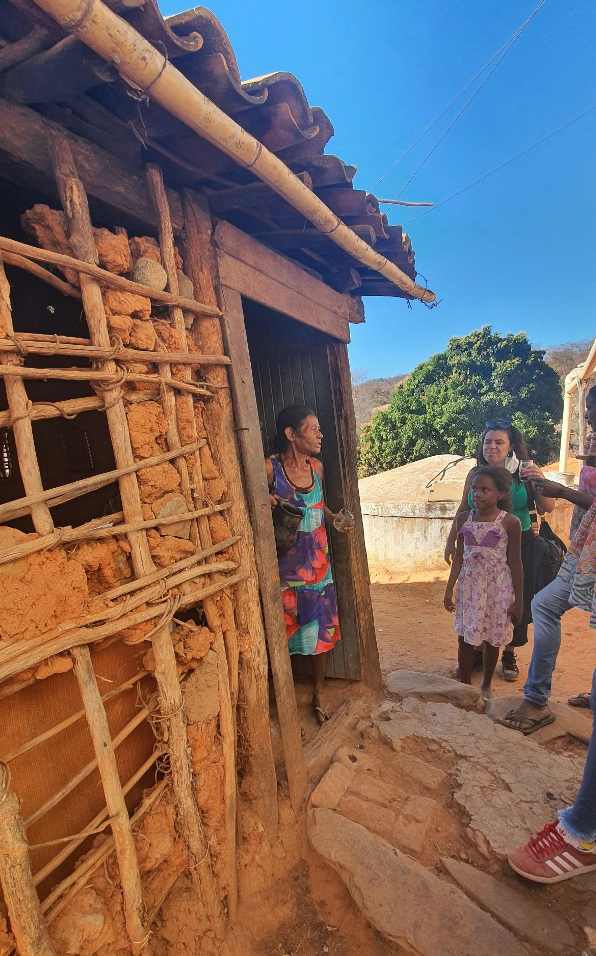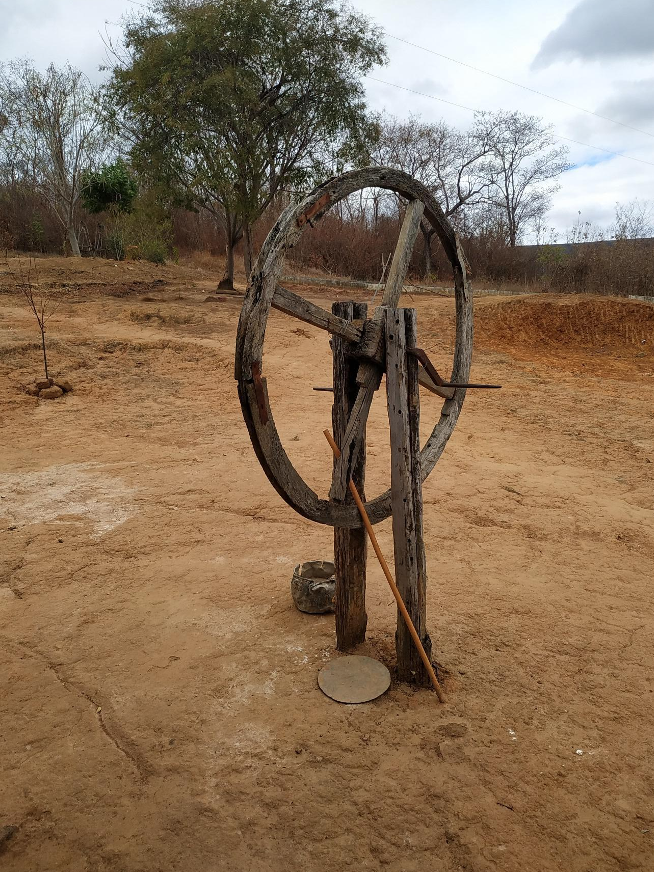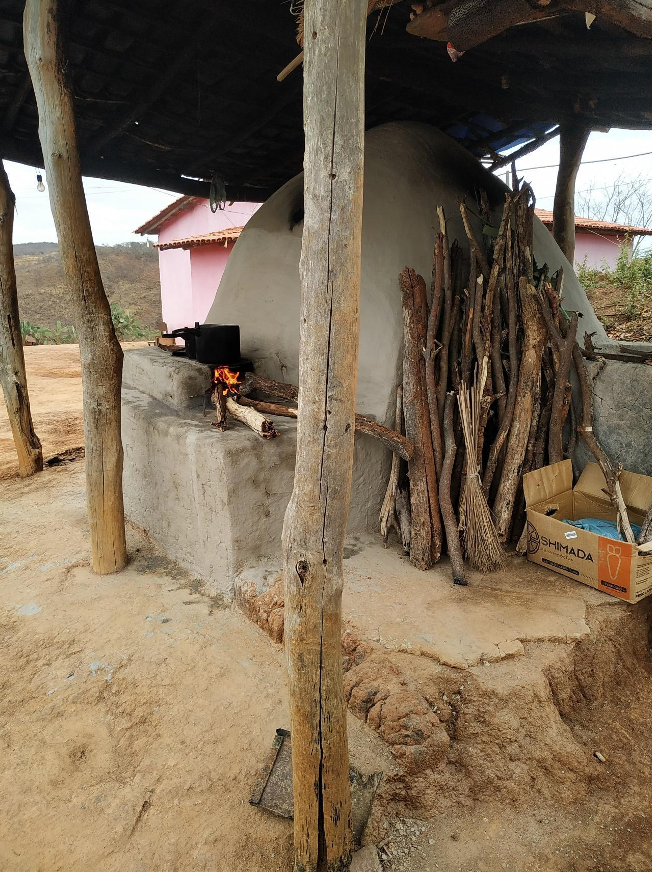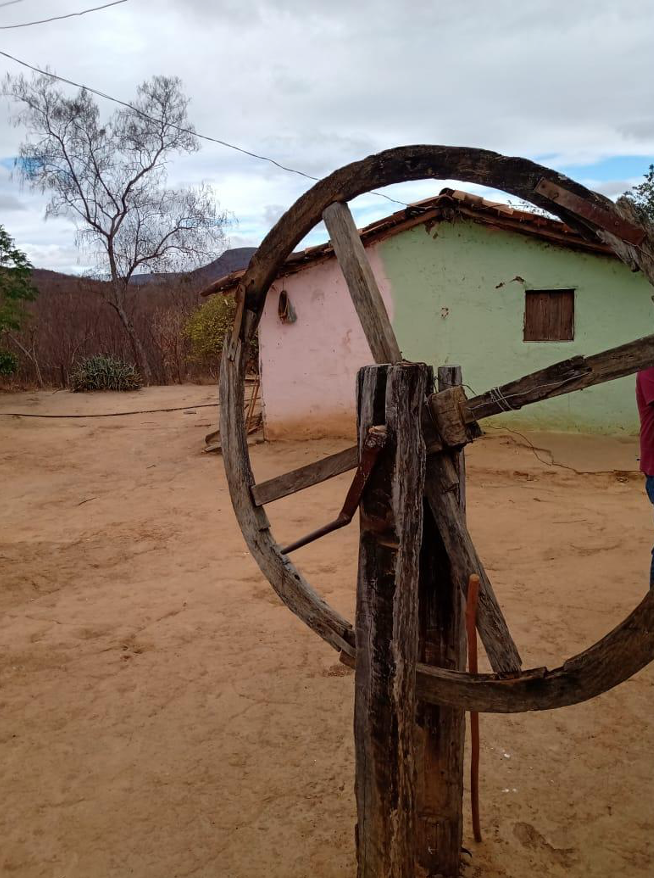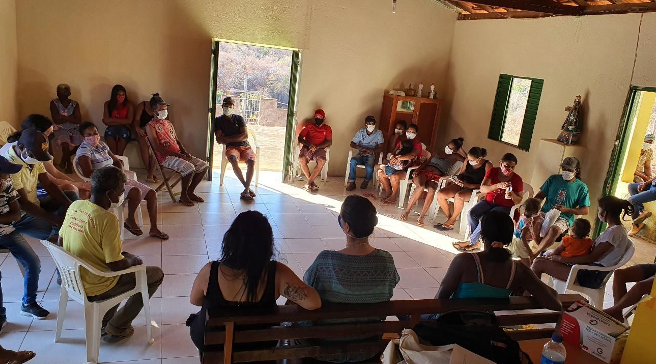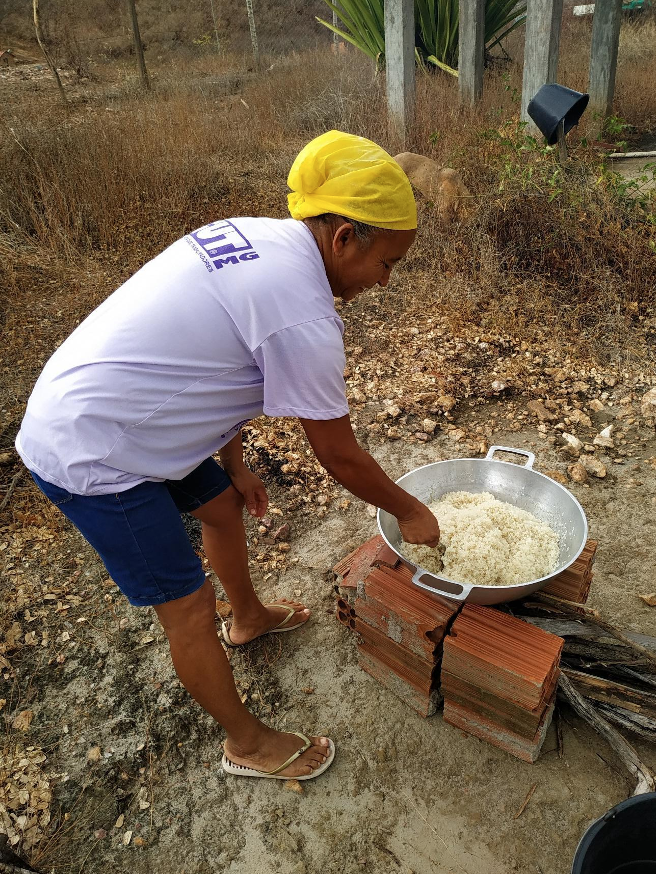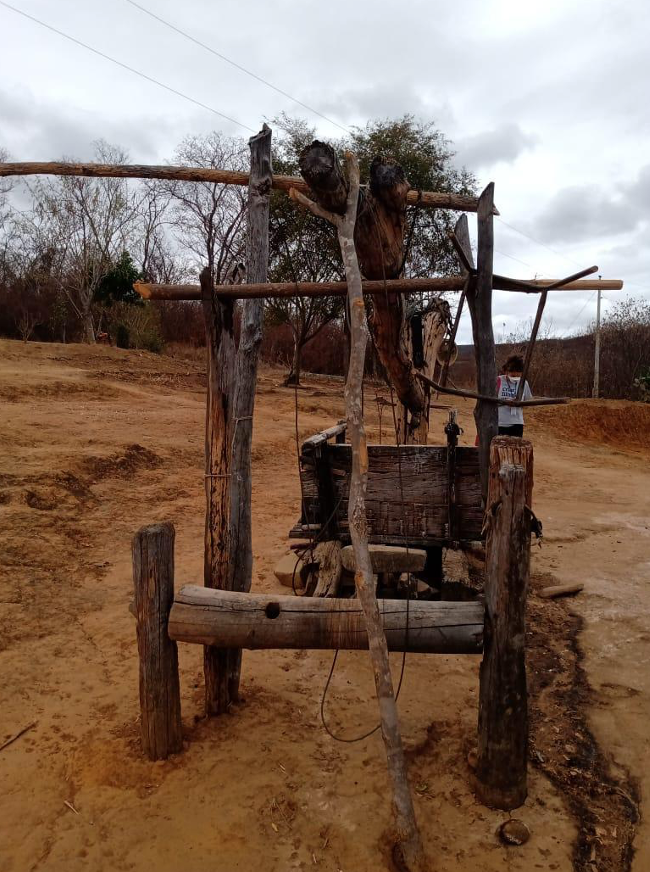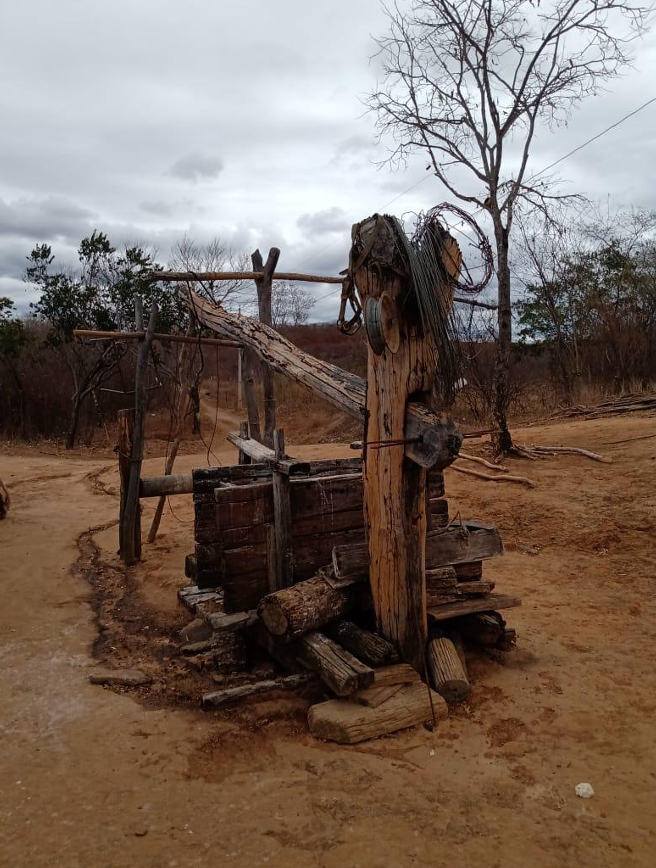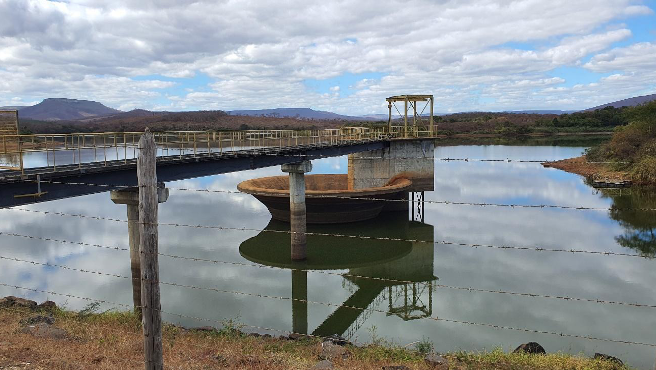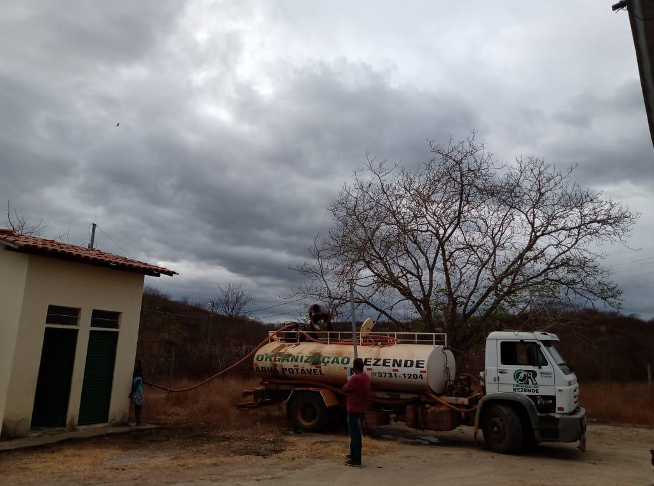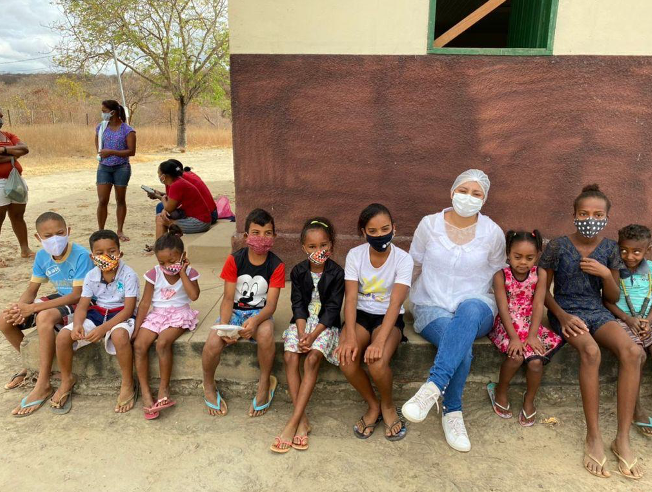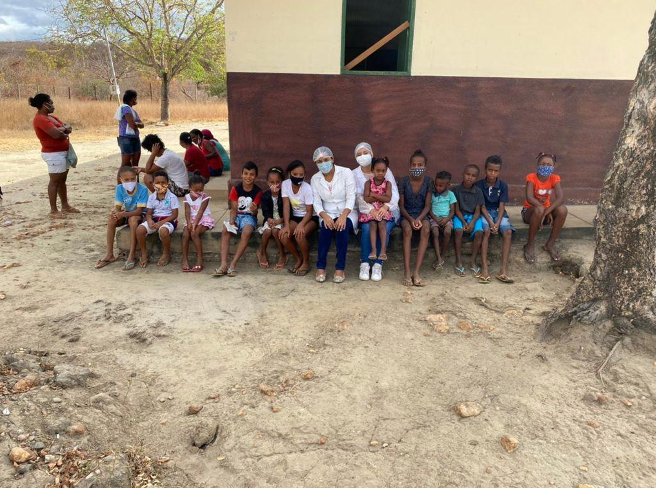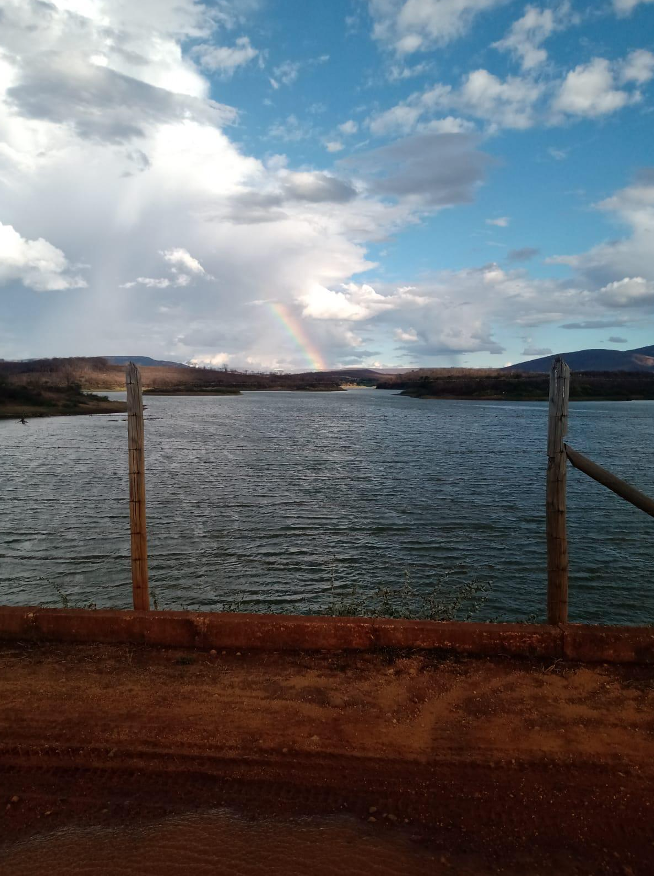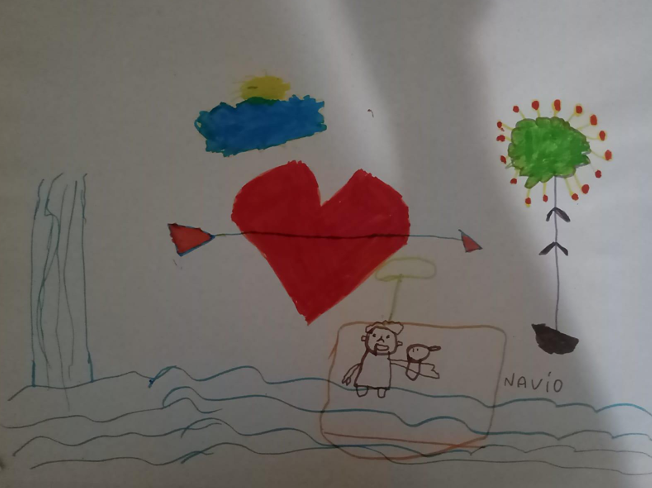Polyana Valente & Co-Author, Brunah Schall
The Jequitinhonha Valley is located in the northeast region of Minas Gerais (Brazilian State) and is divided into Lower, Upper and Middle Jequitinhonha. Due to the neglect of the public and private sectors and the unfavorable weather conditions it is mistakenly known as Poverty Valley. The vegetation there is a transition between the biomes called “cerrado” and “caatinga”, it displays many rustic and arid beauties and the population is as warm as the weather. The abundant cuisine, handicrafts, anecdotes, dances and singing, reveal a rich Jequitinhonha.
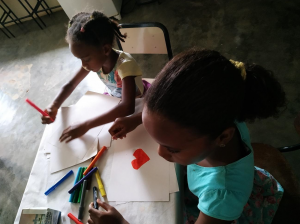
Jequitinhonha is one of the regions in Brazil with the largest number of quilombola communities recognized by the Palmares Cultural Foundation1. This expressive number is associated with the growth of the neighboring cities of Serro and Diamantina, in the 18th century, in the so-called mining gold cycle. In search of a new and free life, the enslaved population moved to the Jequitinhonha Valley, forming quilombos. In order to hide from the colonizers, the quilombos were formed in regions with difficult access, in caves and high plains. Protected, they created an environment for exchanging knowledge, sustaining agriculture and maintaining their cultural manifestations. What once protected them, however, today places them far from basic accesses, such as health, water, basic sanitation and employment.
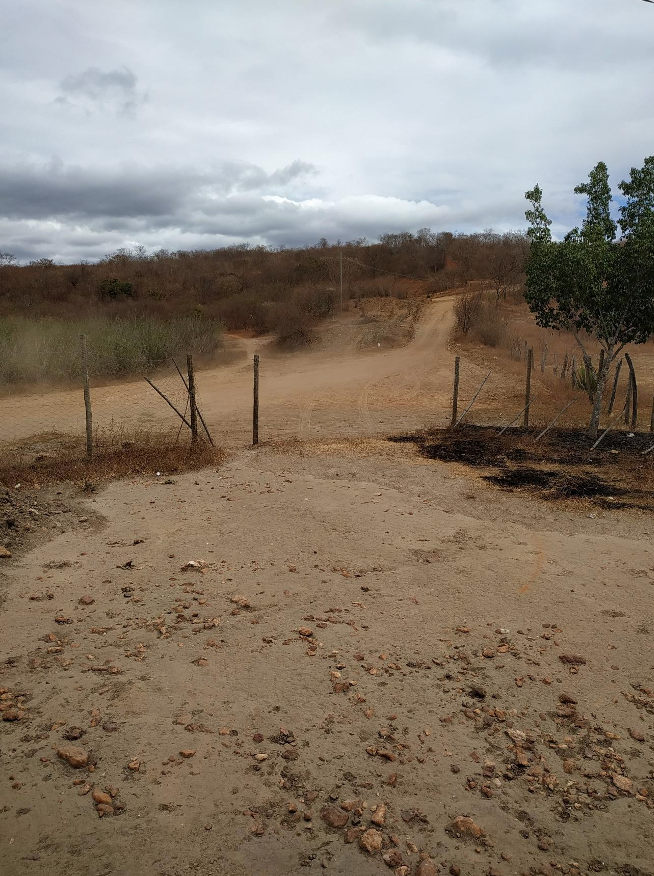
In October 2020, amidst the Covid-19 pandemic, we had the opportunity to get to know some quilombola communities in the region, one in particular caught our attention, above all, because of the difficulties encountered in accessing water. A history of more than 30 years of struggle and negotiation with the government. The quilombola community called “Narcissus Middle Creek” (Córrego do Narciso do Meio), located at 25 km from the city of Araçuaí, the largest municipality in Jequitinhonha. With approximately 400 people, the community is made up of joyful and welcoming people who dream of seeing water flow through the taps in their homes. Their simple homes in masonry or wattle and daub are carefully colored in white, green and pink. In the large backyards, many plants, farm animals and beautiful clay ovens.
Agendas and decisions about the community are carried out by the association of residents, a space of tensions, disputes, exchanges, hope and construction of the quilombola identity. Leading the association and daily life activities of the community, women stand out. They are the ones that bring to the community discussions about rights and duties, the ones that take their demands to local governments and on top of that, the ones that take care of their homes. Strong women, full of stories about hard work in harvesting, different experiences in migration in search of employment and survival opportunities. The women who stay in the quilombo, in addition to the domestic work, work in the production of manioc flour and tobacco and are responsible for the festivities, which, due to the pandemic, are interrupted.
Since our first contact with the community, the central theme has been water scarcity. The water in their homes comes from reservoirs, called “terreirão” that capture rainwater. With the long drought, this water is almost never enough for the whole year and that is why they have to resort to water trucks. When the water truck takes a long time to arrive in the community, women walk for 2km to the nearest reservoir, called Calhauzinho2, to take water in buckets on their heads.
In addition to water scarcity, another latent difficulty is access to health services. The Basic Health Unit is approximately 5km away from the community, on a road with no pavement. To make matters worse there is no public transport available. The community pays a high price for a bus and needs to control the time as the bus leaves once a day in the morning and has a time to return to the community. Oral health is undoubtedly one of the biggest complaints of the local population.
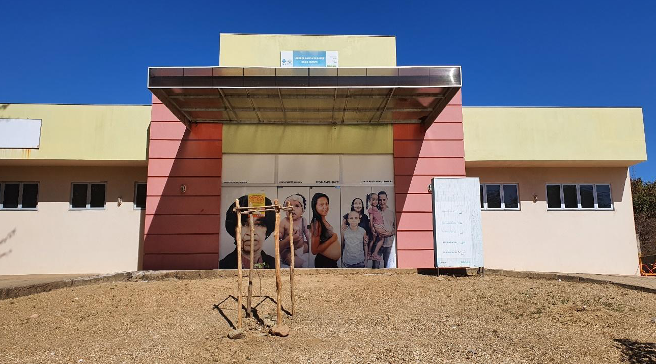
Considering this scenario, of shortage and many claims in access to water and health services and the numerous challenges that involve these issues, we have sought to build a dialogue between different municipal secretaries, with emphasis on Health, Education, Agriculture and Construction and Urban Development. This dialogue has yielded fruitful results, of which we highlight the city hall commitment to make a water pipeline to the community’s school, with gradual expansion to all houses in the community, the construction of dry toilets in houses that do not yet have them, and the construction of a health care center within the community. While the construction is not possible, the services will be carried out in a house rented by the city hall within the community. In August 2021, a dental screening was carried out on children.
Our desire is for the community to grow more and more, for water to flow from the taps, because as they say there “water is life”. There are many challenges ahead, but the community, especially the women leaders, show strength and bravery to face them. As they say “a scared little bird doesn’t fly”.
1 Linked to the Ministry of Citizenship, the Palmares Cultural Foundation was created in 1988 and is the Brazilian federal institution responsible for the promotion and preservation of cultural, historical, social and economic values arising from the black influence in the formation of Brazilian society. Since 2003, the Foundation has been responsible for issuing certificates to quilombola communities. For more information see the website: http://www.palmares.gov.br/
2 The reservoir was built in the early 1990s, along the Calhauzinho Stream with the objective of controlling the amount of water, not letting it dry out and to avoid flooding.
